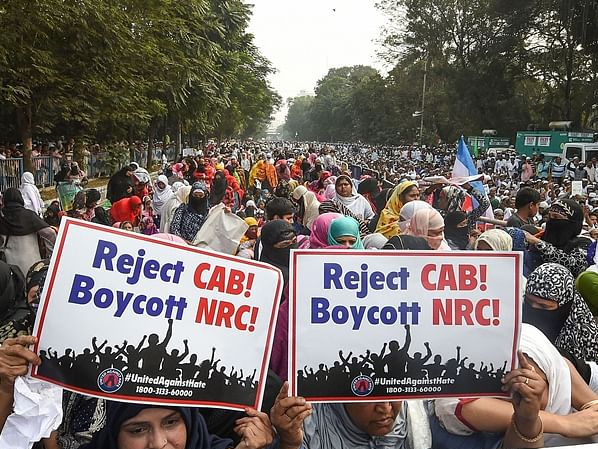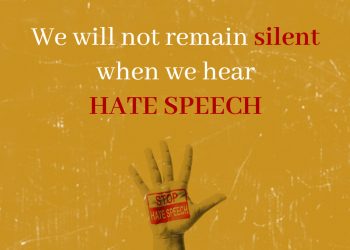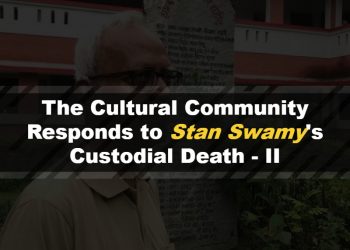As the Citizenship Amendment Bill, 2019 becomes an Act after receiving President’s assent on Thursday, it becomes even more important to look at the criticism and resistance it has received from various sections of society. The Common Wealth Human Rights Initiative (CHRI) issued a press statement condemning the move on the ground that it violates constitutional principles and was not preceded by substantial discussions and public debate. The statement, released on December 10, also expresses apprehensions that the bill could lead to greater divisions and bitterness.
Read the statement below.

A momentous law like the Citizenship Amendment Bill (CAB) has been rushed through the Lok Sabha and is to come before the Rajya Sabha.
It is the considered view of the CHRI’s India Executive Committee that without adequate debate and public discourse, this should not have come before Parliament especially when public protests have broken out over the issue in different parts of the country.
Sweeping laws need substantial discussions, adequate preparation and an inclusive approach. A confrontation is bound to ensue and gather strength with the Bill being challenged legally on grounds of Constitutionality. By playing into the fears of small groups in limited spaces, the Bill could lead to greater divisions and bitterness.
The CAB is establishing a process that is inimical of Constitutional elements, principles and values. Ours is a country that has grown on the basis of freedom, equality and inclusiveness. The bill fails the test of these key foundational values and indicators and undermines the very national security that leaders speak of. We believe that the bill flies in the face of Article 14 of the Indian Constitution, which prohibits the state from engaging in irrational classification of persons, from arbitrary action, and from treating people unequally for no legitimate reason.
UN Secretary-General, Antonio Guterres, in his message on the International Human Rights Day said, “Every single person is entitled to all rights: civil, political, economic, social and cultural. Regardless of race, ethnicity, religion, social origin, gender, sexual orientation, political or other opinion, disability or income, or any other status.” The CAB in its current form sends a message of discrimination, exclusion and second-class citizenship based on religion.
In his remarks on International Human Rights Day today, President Ram Nath Kovind called for the need for “introspection … empathy and imagination” and recognizing the “sacred text” of the Universal Declaration of Human Rights. The President spoke clearly on the need to protect the rights of those facing discrimination and inequality. Does the bill meet that criteria?
Issued by:
Wajahat Habibullah, Chairperson, and Sanjoy Hazarika, International Director, on behalf of the EC which includes Justice Madan Lokur, Justice AP Shah, B.K. Chandrashekhar, Maja Daruwala, Jayanto Choudhury, Kamal Kumar, Jacob Punnoose, Nitin Desai, Vineeta Rai, Poonam Muttreja.




